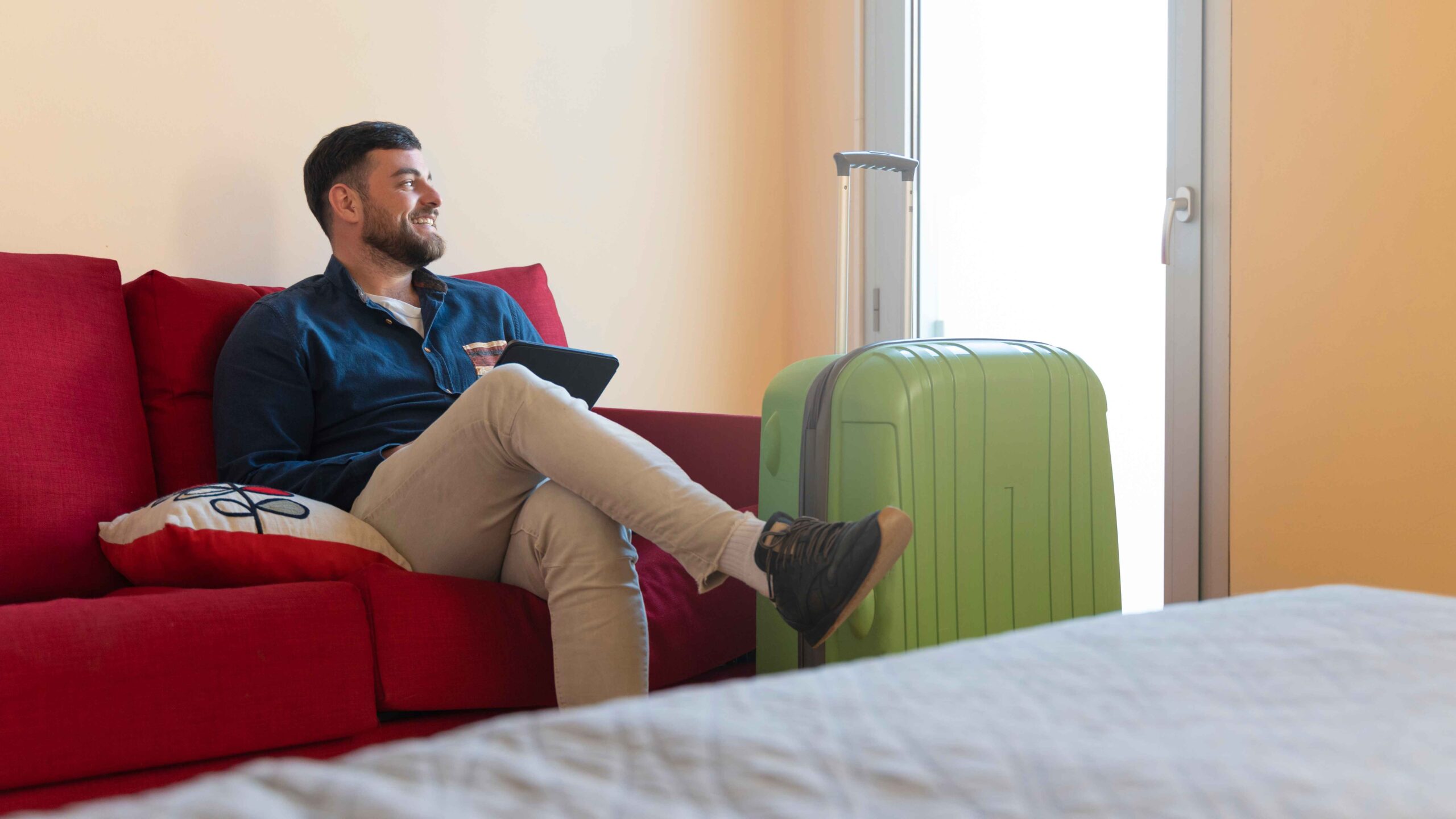Airbnb offers AirCover to shield hosts against property damage, guest damages, and liability expenses. Most hosts face problems when their insurance claims do not receive the expected compensation despite existing conditions.
Hosting mistakes and their root causes must be understood by hosts to secure proper compensation benefits. AirCover Expert provides this service to hosts. Airbnb hosts can handle the challenging claims process through their expert claim-handling services to receive prompt, fair claim resolutions.
Why Airbnb Denies AirCover Claims
Lack of Clear Proof of Damage
To support damaged claim handling, Airbnb needs visual proof submitted by hosts. Ashbnb will reject claims when the host cannot show proper images of damage caused by guests during their claim submission.
Missing Guest Communication Records
A host cannot claim against Airbnb unless they have records showing they tried to solve the problem directly with the guest. Airbnb will dismiss claims if the host does not send evidence, such as guest messages, memos, and repair quotes.
Not Filing the Claim Within Airbnb’s Deadline
Strict 14-Day Claim Submission Rule
Hosts must submit AirCover claims to Airbnb within 14 days after the guest checks out. Most hosts lose their claim benefits because they fail to meet the required filing deadline, which remains critical throughout the process.
Delays in Gathering Evidence
Hosts often wait before submitting claims as they obtain price quotes and assemble evidence needed for their cases. Management must act promptly because Airbnb denies claims after its set deadlines.
Incorrectly Categorized Damage or Loss
Distinguishing Between Wear and Tear vs. Actual Damage
The platform only protects you from unexpected damage but not typical surface wear such as minor hurt-to-pretty. A claim gets rejected by Airbnb when the host labels routine damage as qualified insurance coverage.
Misclassified Pet or Smoking Damage
Airbnb has special rules for handling damage from pets or smoking activities. Airbnb will reject damage claims from hosts when they do not state no-pet or no-smoking rules in their property regulations.
How to Prevent AirCover Claim Denials
Professional Claim Management
AirCover Expert prepares claims with correct information and solid evidence to increase the chance of successful submissions. Their claim handlers use this knowledge to create proof that Airbnb will approve.

Faster Claim Processing
Most hosts face a long wait for Airbnb to respond to their concerns. AirCover Expert tracks claim progress to hurry host payments through the Airbnb process.
Submit Complete and Verified Evidence
Take Before-and-After Photos
Every host must create visible photos of their building before and after any guest visit. The pictures prove exactly when a definite guest did damage.
Save Guest Communication Records
Having all the host-guest communication makes it easier for the host to show that they tried to fix issues before reporting for better chances of getting their claim approved.
Act Within Airbnb’s 14-Day Limit
Hosts must send their claims to Airbnb right after guests leave the premises. The host may miss the deadline by taking too long to submit the claim, and Airbnb will reject the claim.
Get Repair Estimates Quickly
Holders should open insurance reports with current evidence and extend any additional proof once repair reports arrive. The AirCover Expert service helps hosts deliver submissions in a timely way.
Ensure Damage Is Properly Classified
Understand What Airbnb Covers
Before starting host duties, guests should become familiar with Airbnb’s rules about property damage and regular usage. Damage errors will cause Airbnb to deny your claim.
Establish Specific Guest House Regulations
When listing owners include these rules in their postings, AirCover will pay property damages whenever guests break them. With no set rules, Airbnb will reject the claim.
Why Airbnb Hosts Trust AirCover Expert
Higher Claim Approval Rates
Hosts fail to get their claims approved through AirCover because of lousy documentation practices and submission mistakes. AirCover Expert organizes claims effectively, which boosts the chances that hosts receive complete reimbursement.

Expert Negotiation for Maximum Payouts
AirCover Expert works to increase the payout amount Airbnb gives hosts when they negotiate partial reimbursements.
No Upfront Fees – Pay Only If You Win
AirCover Expert performs the service at no charge until Airbnb approves the claim payment for hosts.
FAQs
- What is the main problem that causes Airbnb hosts to lose their claim on AirCover?
Airbnb denies most claims because hosts submit missing evidence like guest correspondence and repair reports. AirCover Expert supports hosts by providing complete evidence packages for their claims.
- What steps can I take to boost my chances of obtaining payment through AirCover?
Hosts must give Airbnb clear images of the issue, all written contact with guests, and repair estimate details. Hosts who choose AirCover Expert services will face easier claim acceptance and faster processing times.
- Can I file an AirCover claim after the guest leaves?
You need to submit the claim within two weeks of the checkout completion. The time to initiate a claim is immediate since Airbnb automatically rejects late submissions.
- What steps must I take when my Airbnb application rejection arises?
When Airbnb rejects your claim, AirCover Expert reviews all necessary documents to resubmit with better chances for approval.
- Is AirCover Expert’s service free?
AirCover Expert handles everything for you at no charge until Airbnb approves your demand for reimbursement.
Conclusion
People who rent on Airbnb Cover are denied AirCover benefits because they lack needed documentation or fail to meet claim requirements. Hosts must provide complete proof to approve their claims, and Ananda must submit it promptly while clearly explaining their needs.
Hosts using AirCover Expert succeed in claim management because the team handles everything professionally. AirCover Expert helps Airbnb hosts succeed with AirCover claims by avoiding risk and using their negotiators to deliver better outcomes than hosts can achieve.

